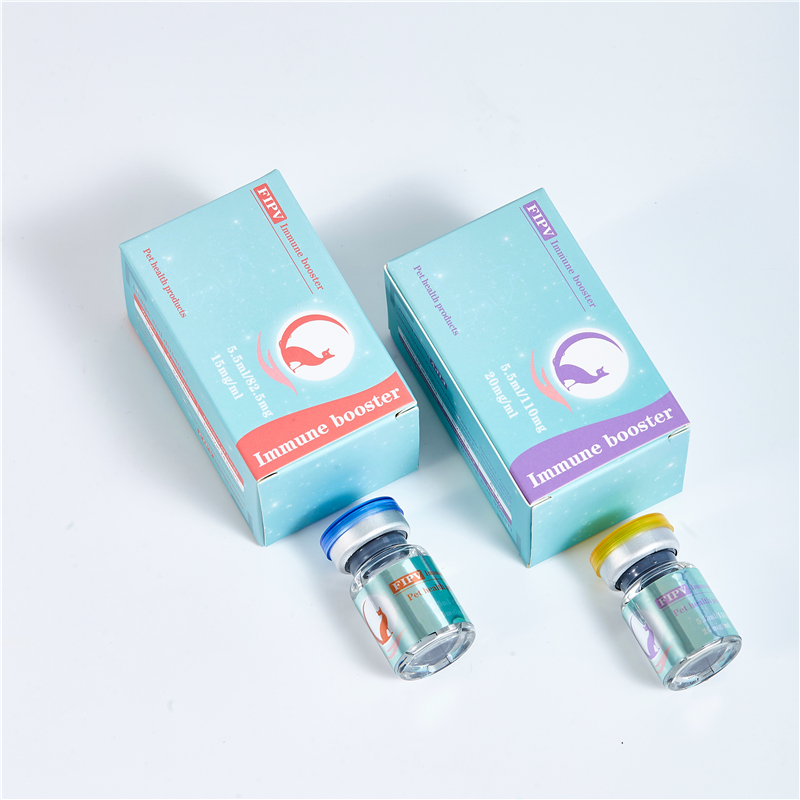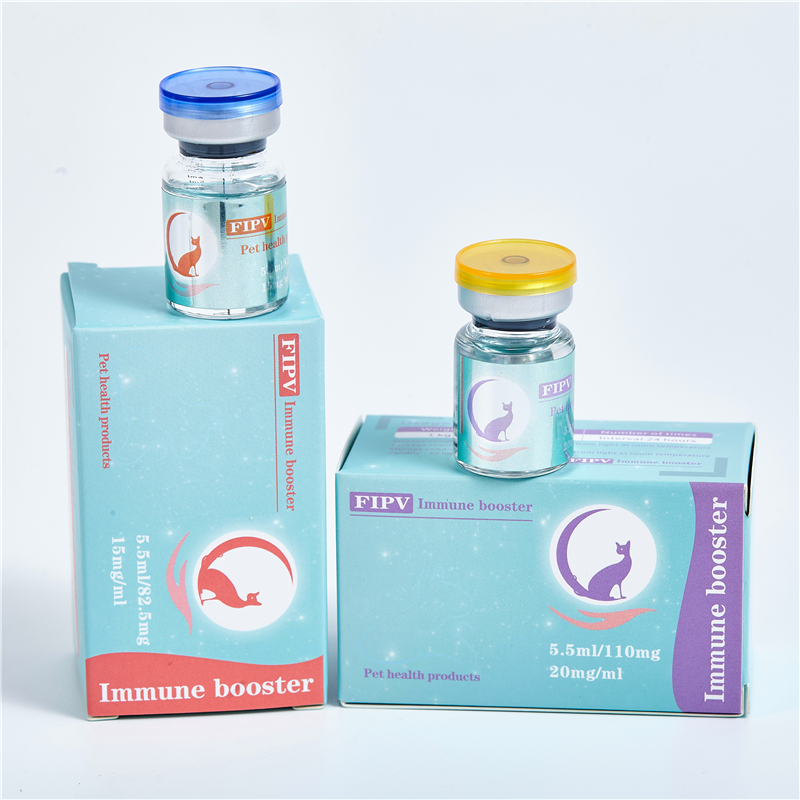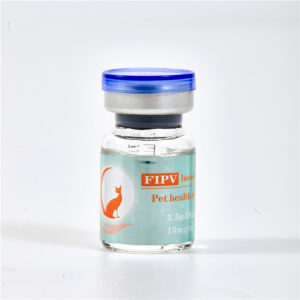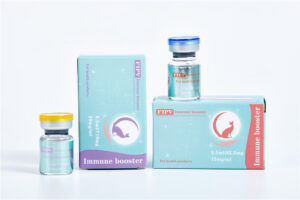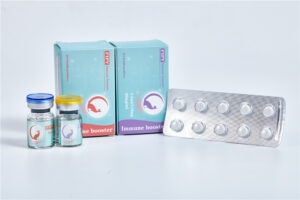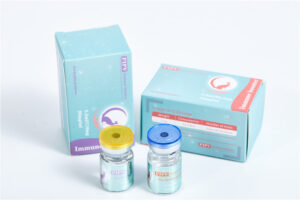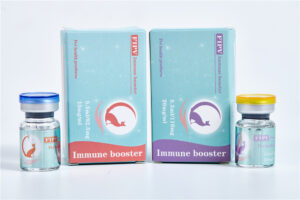Buy 6 get 1 free, Free shipping
Welcome to join as agent supplier
Lower prices, faster service, personalized customization, contact us to learn more.
Welcome to the Facebook group
What is FIP?
Feline infectious peritonitis (FIP) is a viral disease of cats caused by certain strains of a virus called the feline coronavirus. Most strains of feline coronavirus are found in the gastrointestinal tract and do not cause significant disease. These are referred to as feline enteric coronavirus (FeCV). Cats infected with FeCV usually do not show any symptoms during the initial viral infection, but may occasionally experience brief bouts of diarrhea and/or mild upper respiratory signs from which they recover spontaneously. FeCV-infected cats usually mount an immune response through which antibodies against the virus are produced within 7-10 days of infection.
In approximately 10 percent of cats infected with FeCV, one or more mutations of the virus can alter its biological behavior, resulting in white blood cells becoming infected with virus and spreading it throughout the cat’s body. When this occurs, the virus is referred to as the FIPV.
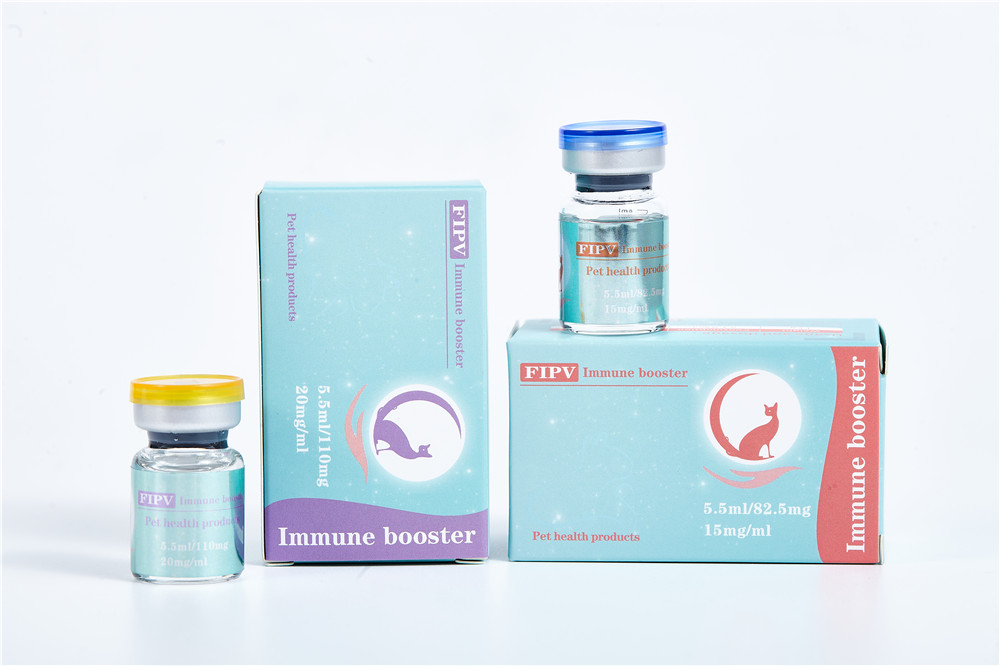
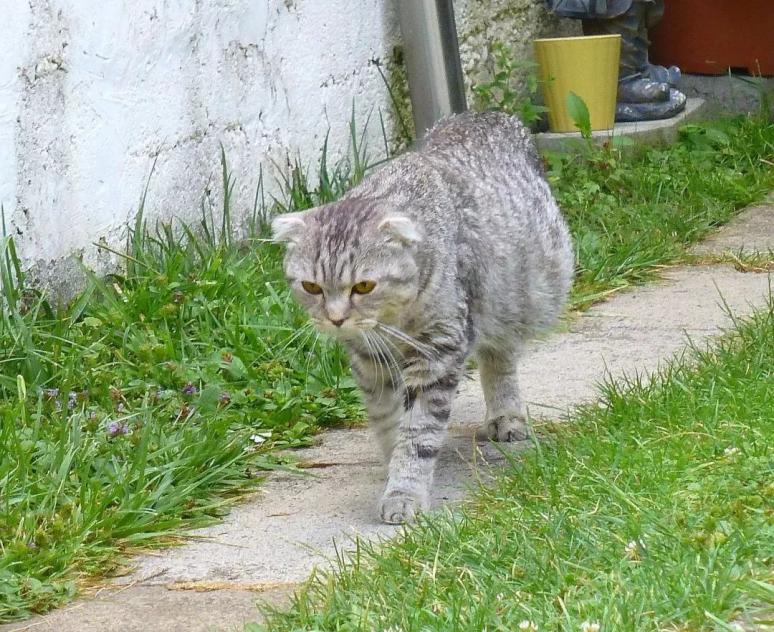
GS-441524 is a small molecule nucleoside analog that undergoes intracellular phosphorylation under the action of cellular kinases in vivo to generate active triphosphate metabolites (NTP), which can compete with natural nucleotides in the body.
What is GS-441524?
Viral RNA-dependent RNA polymerase (RdRP) inhibitor; broad spectrum antiviral nucleotide
Chemical Name: (2R,3R,4S,5R)-2-(4-Aminopyrrolo[2,1-f][1,2,4]triazin-7-yl)-3,4-dihydroxy-5-(hydroxymethyl)tetrahydrofuran-2-carbonitrile
Why choose our nucleoside analog antiviral drugs?
FIP Feline Infectious Peritonitis Symptoms
Ut enim ad minim veniam, quis nostrud exercitation ullamco laboris nisi ut aliquip ex ea commodo consequat nulla pariatur.

